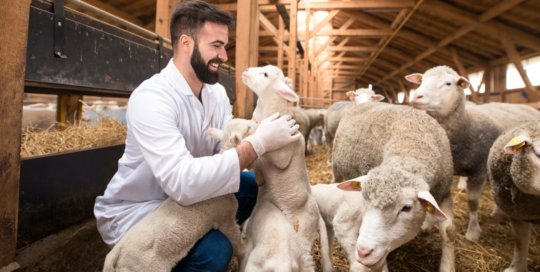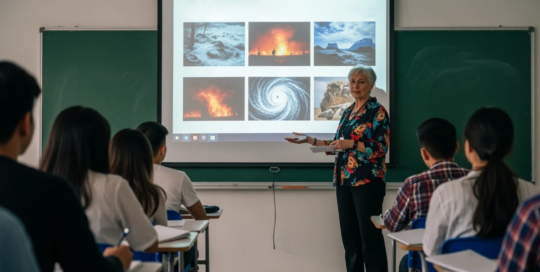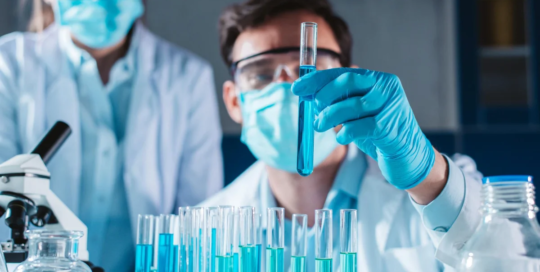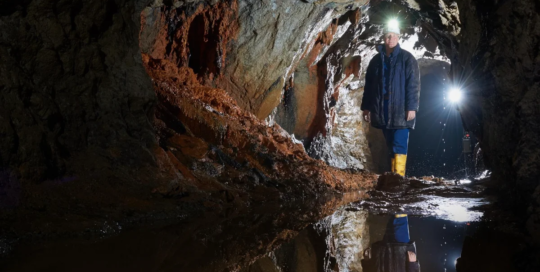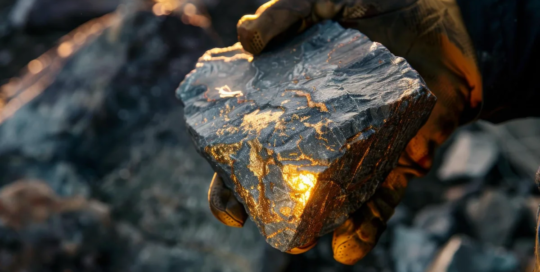Plan and direct the operation and maintenance of catapults, arresting gear, and associated mechanical, hydraulic, and control systems involved primarily in aircraft carrier takeoff and landing operations.
Animal breeders
2025-09-11T13:57:29-06:00Select and breed animals according to their genealogy, characteristics, and offspring. They require knowledge of artificial insemination techniques and equipment use. They involve keeping records on heats, birth intervals, or pedigree.
Medical and clinical laboratory technologists
2025-09-10T07:48:55-06:00Perform complex medical laboratory tests for diagnosis, treatment, and prevention of disease. They train or supervise staff.
Orthoptists
2025-09-10T07:46:50-06:00Diagnose and treat visual system disorders such as binocular vision and eye movement impairments.
Veterinarians
2025-09-10T07:24:34-06:00Diagnose, treat, or research diseases and injuries of animals. Includes veterinarians who conduct research and development, inspect livestock, or care for pets and companion animals.
Internists, general
2025-09-09T21:01:13-06:00Diagnose and provide non surgical treatment of diseases and injuries of internal organ systems. They provide care mainly for adults who have a wide range of problems associated with the internal organs.
Environmental science teachers, postsecondary
2025-09-04T20:54:25-06:00Teach courses in environmental science. Includes both teachers primarily engaged in teaching and those who do a combination of teaching and research.
Chemical technicians
2025-09-04T10:40:21-06:00Conduct chemical and physical laboratory tests to assist scientists in making qualitative and quantitative analyses of solids, liquids, and gaseous materials for research and development of new products or processes, quality control, maintenance of environmental standards, and other work involving experimental, theoretical, or practical application.
Hydrologists
2025-08-01T21:29:41-06:00Research the distribution, circulation, and physical properties of underground and surface waters; and study the form and intensity of precipitation, its rate of infiltration into the soil, movement through the earth, and its return to the ocean and atmosphere.
Geoscientists, except hydrologists and geographers
2025-08-01T21:25:20-06:00Study the composition, structure, and other physical aspects of the earth. They use geological, physics, and mathematics knowledge in exploration for oil, gas, minerals, or underground water; or in waste disposal, land reclamation, or other environmental problems. This includes mineralogists, crystallographers, paleontologists, stratigraphers, geodesists, and seismologists.

